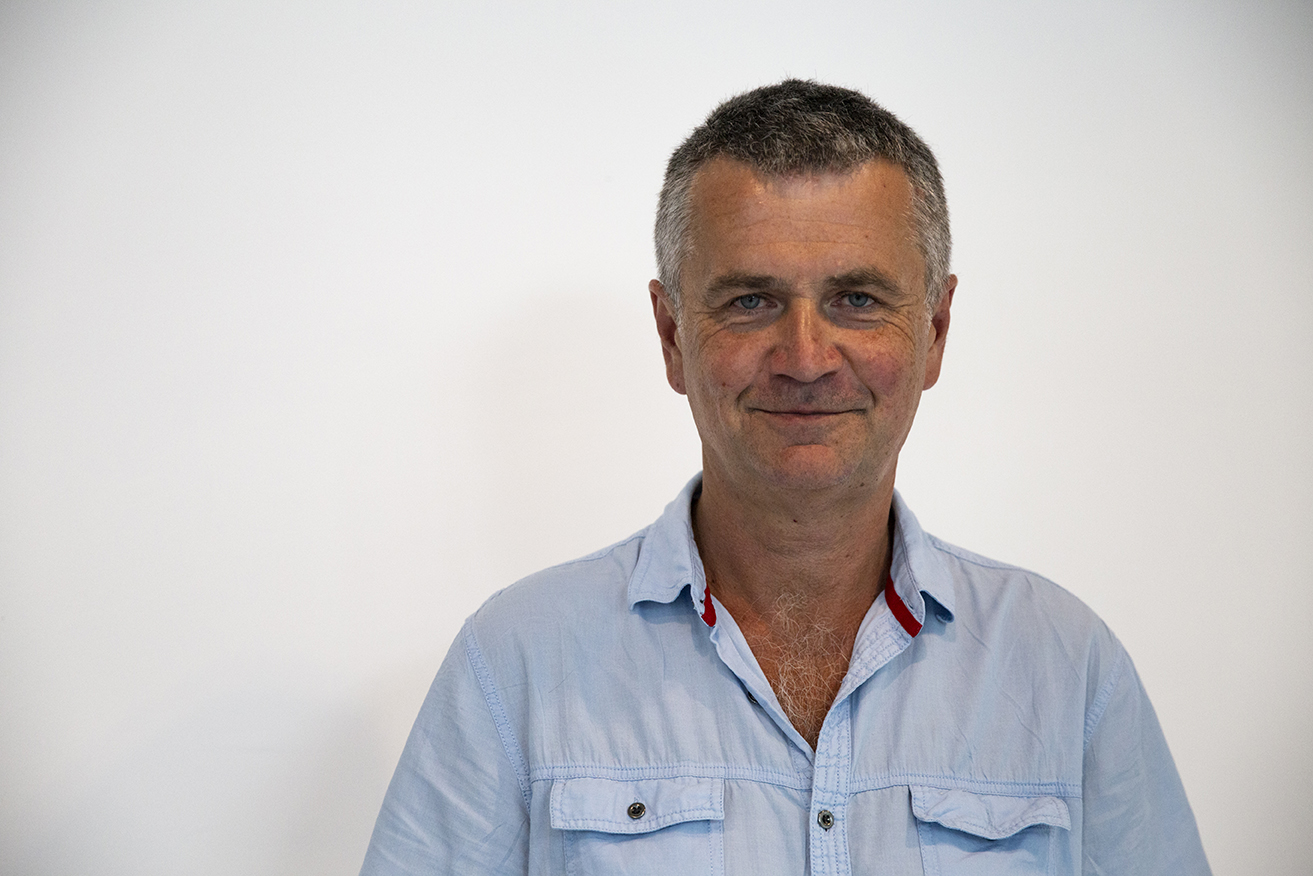November 4, 2019
IST Austria Professor Jozsef Csicsvari appointed member of the Academia Europaea
Neuroscientist Csicsvari joined the pan-European scientific society as sixth IST Austria professor
Jozsef Csicsvari’s research focuses on systemic neurosciences: Learning processes and memory formation, especially in the brain region of the hippocampus, are his main interests. Based on his academic achievements, Professor Csicsvari has been officially appointed as a member of the Academia Europaea in the section Physiology and Neuroscience.
Before joining IST Austria as one of the first professors in 2011, Jozsef Csicsvari studied at the Rutgers University, USA, where, after completing his PhD in 1999, he worked as a postdoc and research assistant until 2003. Afterwards, he was Group Leader and Senior Scientist in the Medical Research Council’s Anatomical Neuropharmacology Unit at Oxford University, UK. Csicsvari and his research group have been investigating how learning leads to memory and memory formation. By recording neuronal activity in different regions of the brain during learning phases and sleep, his research group aims to find out how neuronal circuits process information and how, for instance, spatial memories are created.
Csicsvari about the appointment: “I feel honored that I was appointed to join the Academia Europaea. I understand it as a recognition of my contributions to the field of neuroscience.” In addition to Jozsef Csicsvari, five other IST Austria professors are already members of Academia Europaea: computer scientist and president of IST Austria Thomas Henzinger, the neuroscientists Ryuichi Shigemoto and Peter Jonas as well as the mathematicians Herbert Edelsbrunner and László Erdős.
About the Academia Europaea
The Academia Europaea is a pan-European, non-governmental scientific society. Its members are scientists from a wide variety of scientific disciplines who wish to promote education and research worldwide through joint activities and events and who are nominated once a year by a commission of experts. Founded in 1988, the association currently counts approximately 4,000 members, including over 50 Nobel Prize winners.




